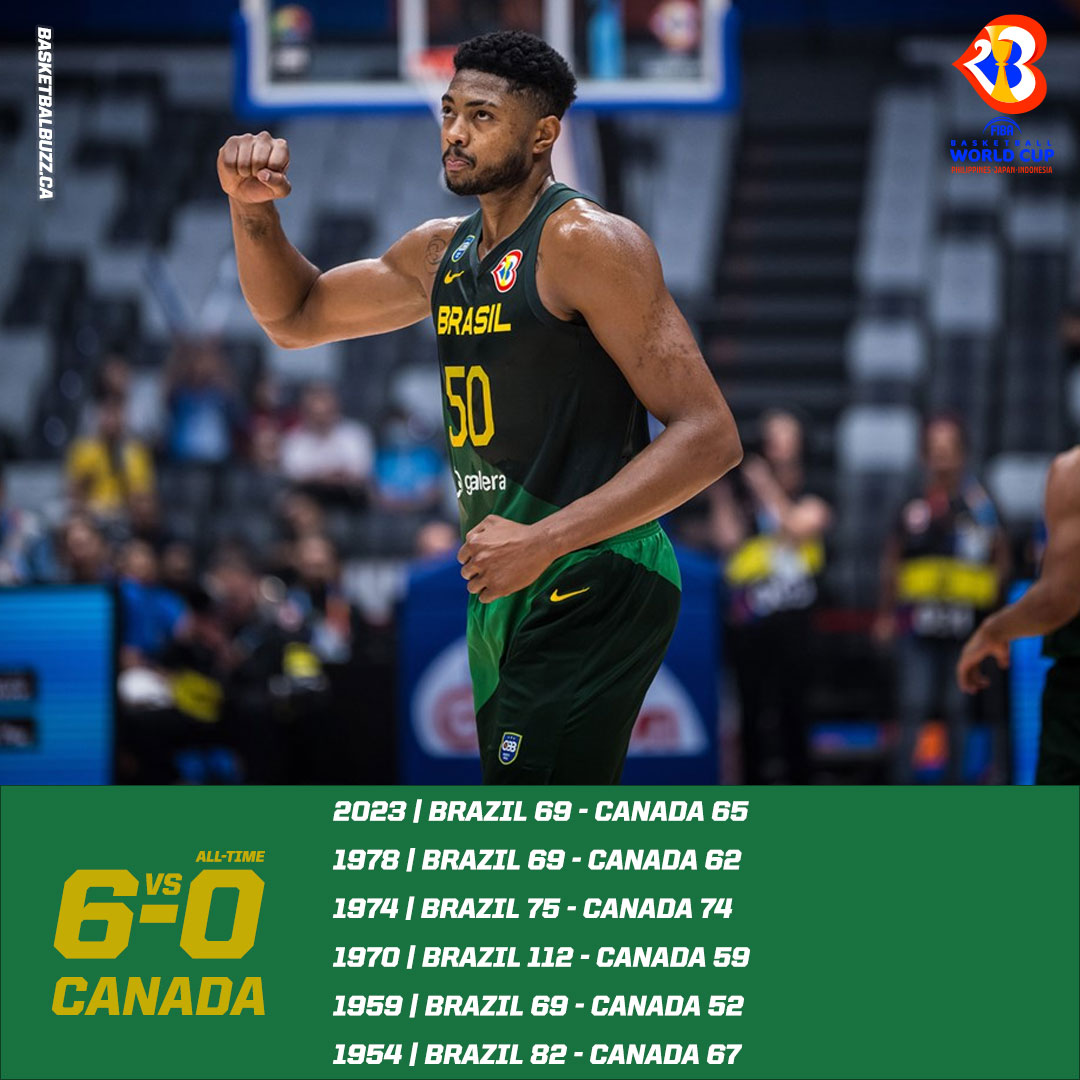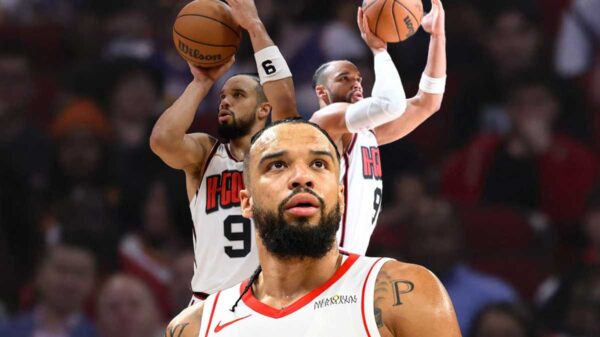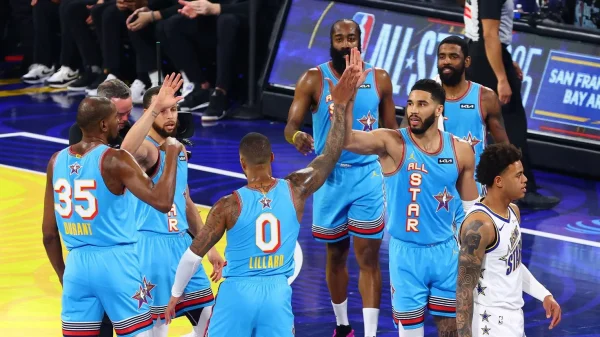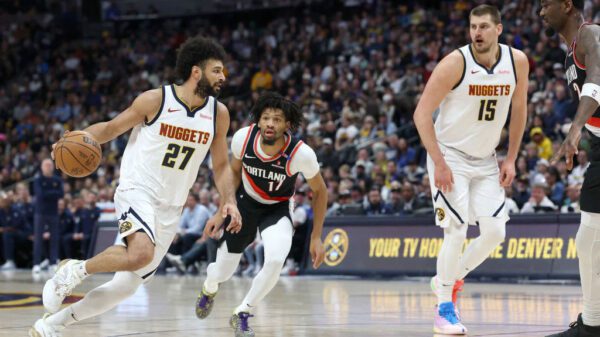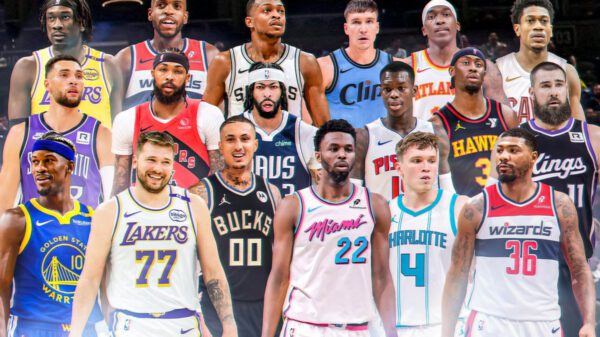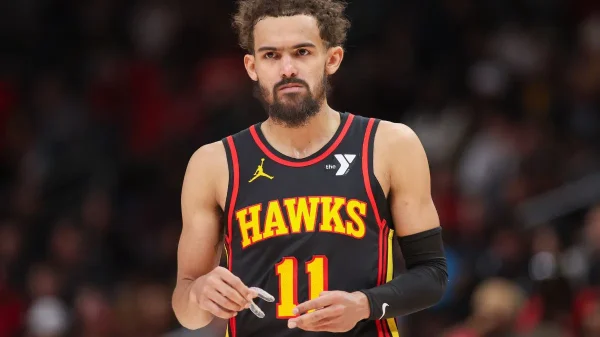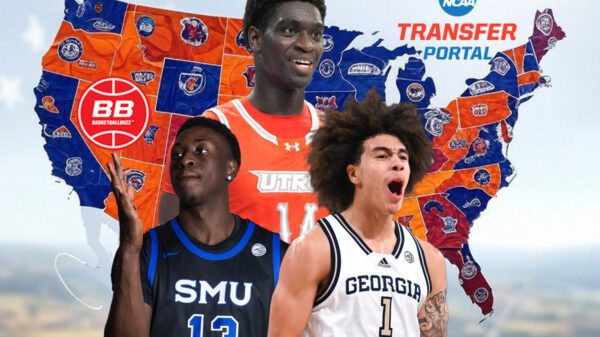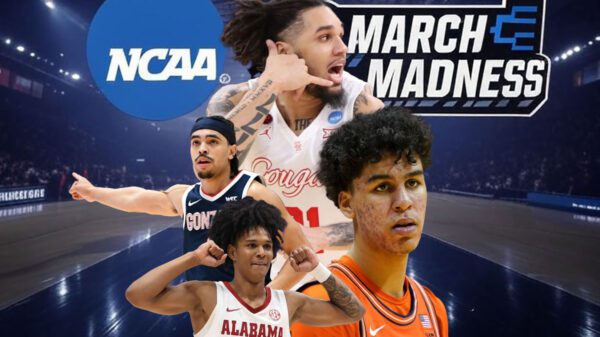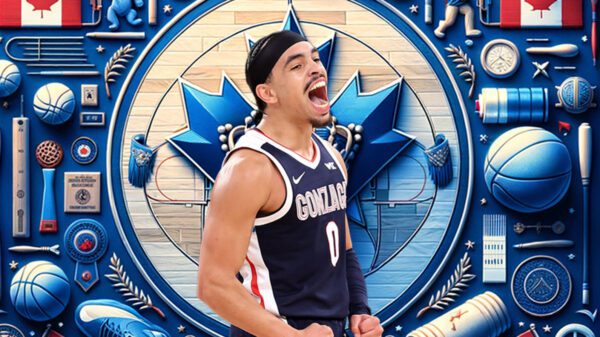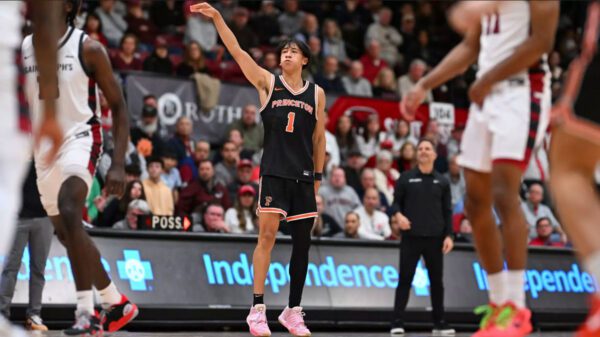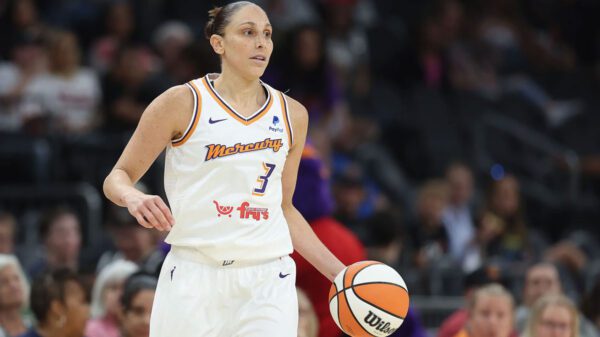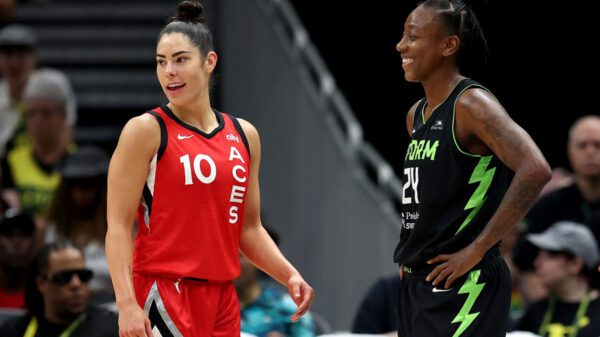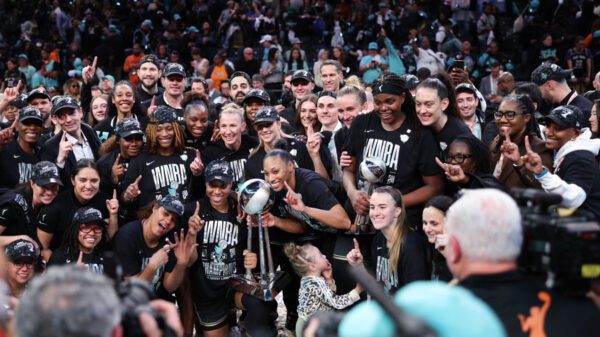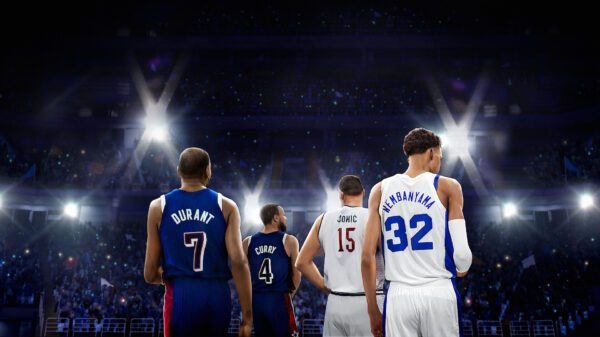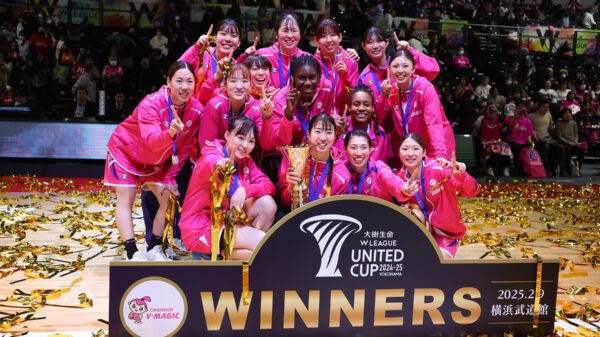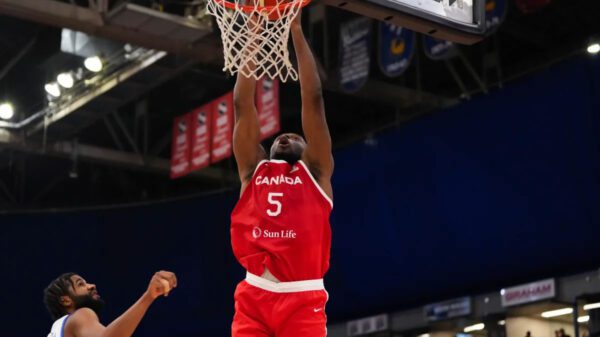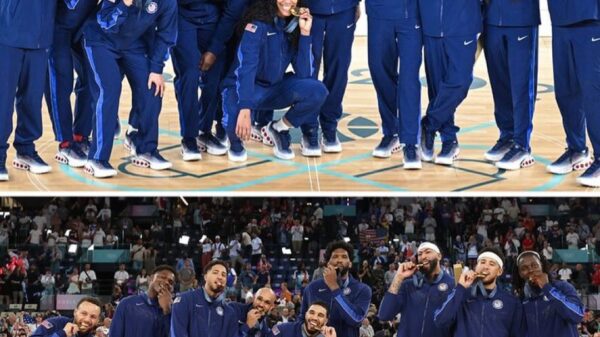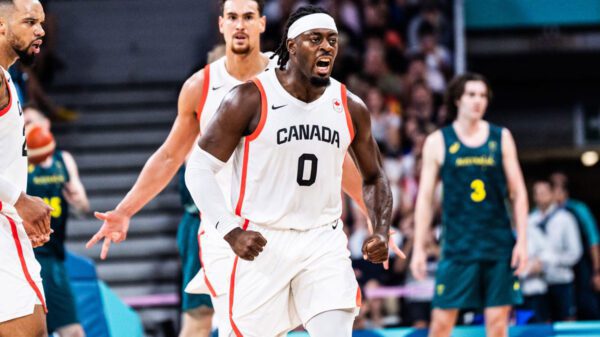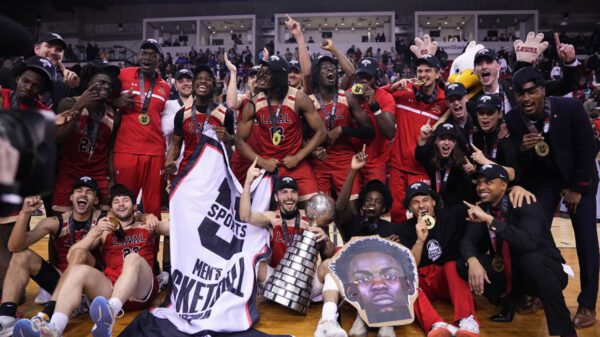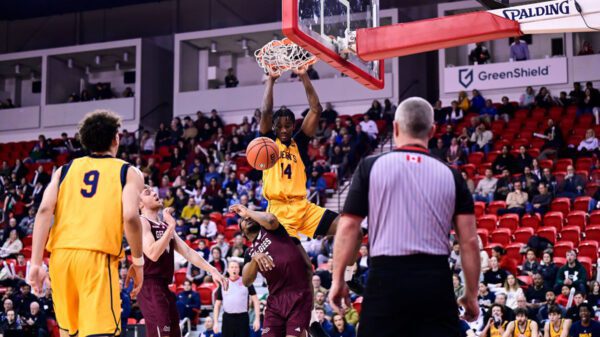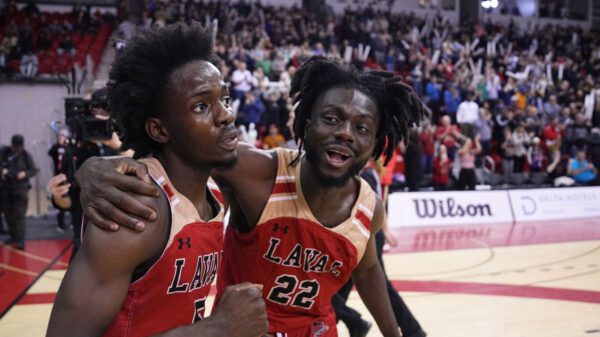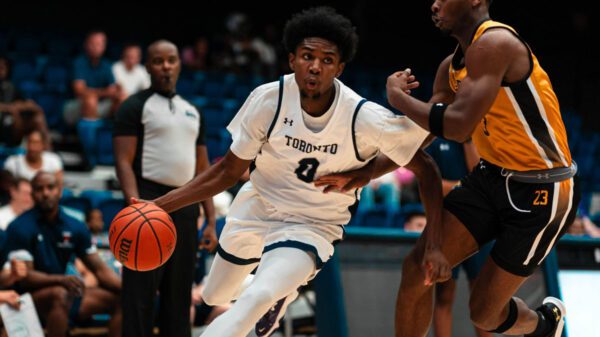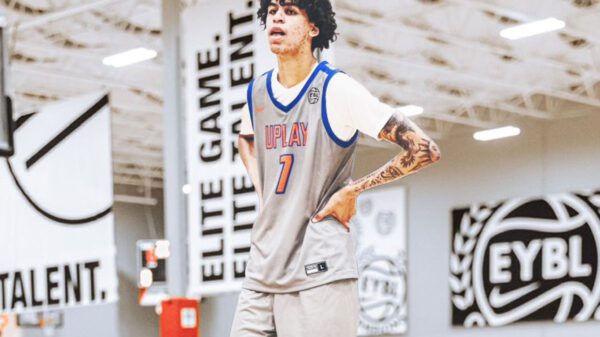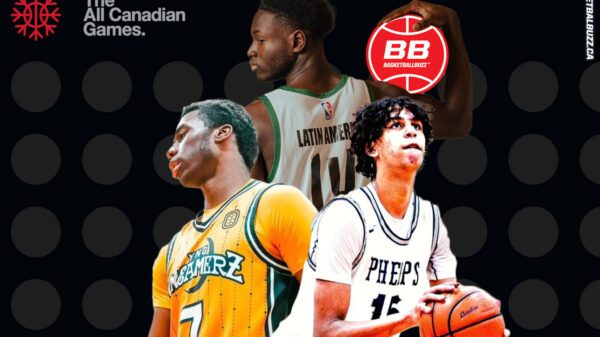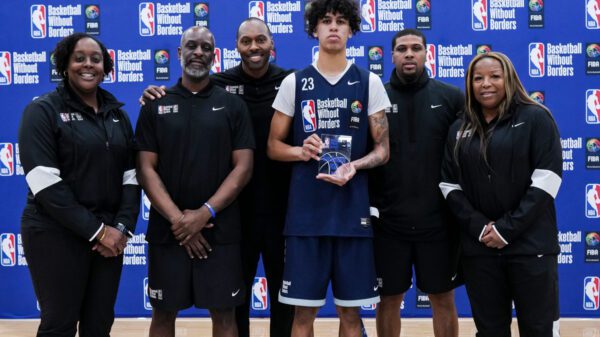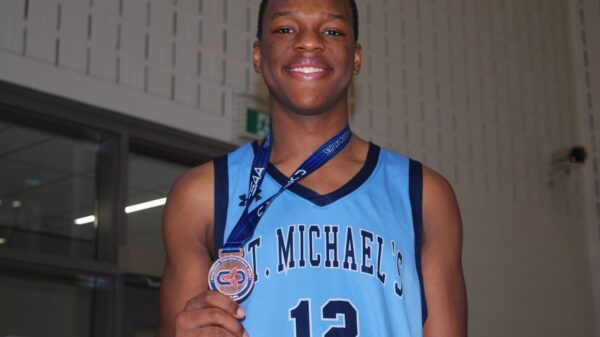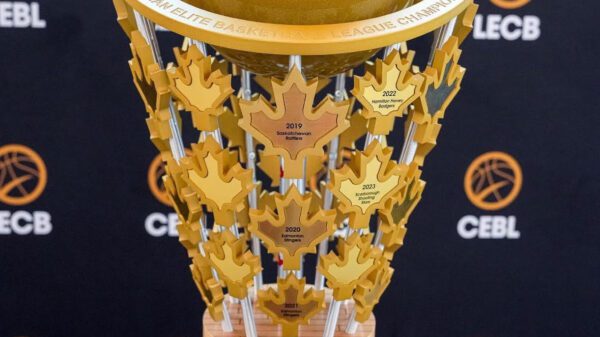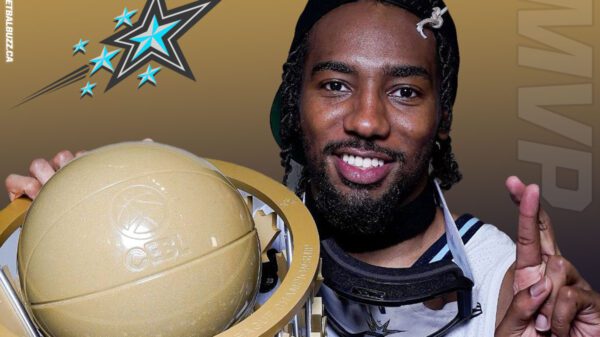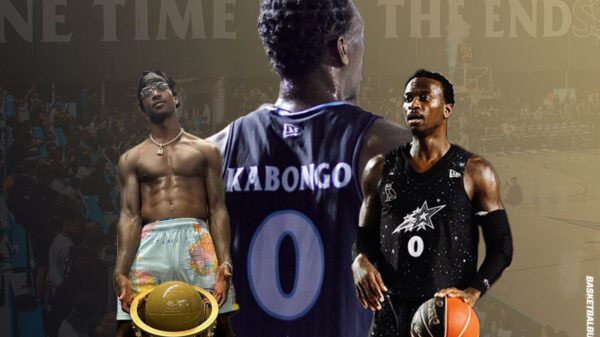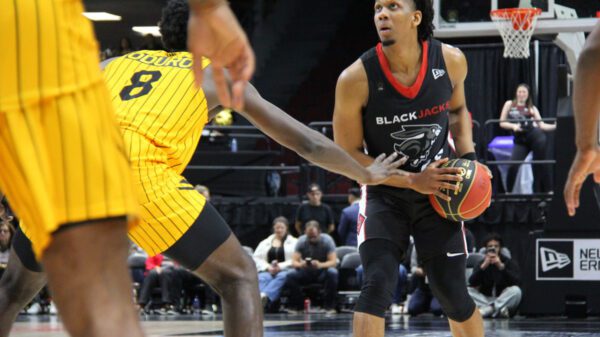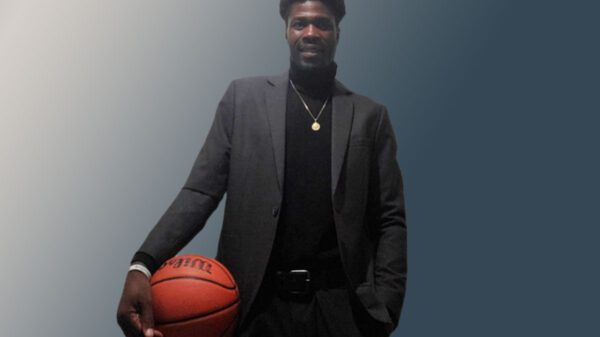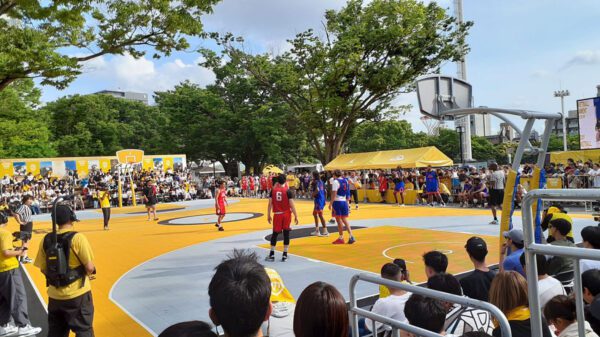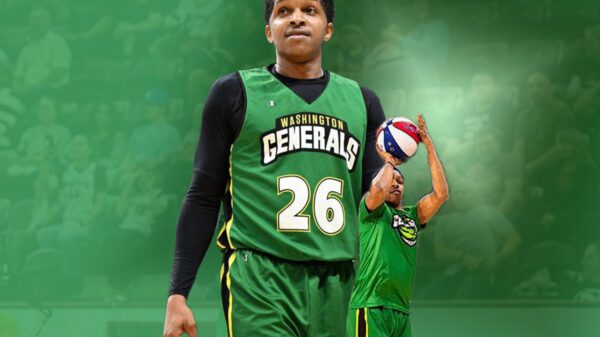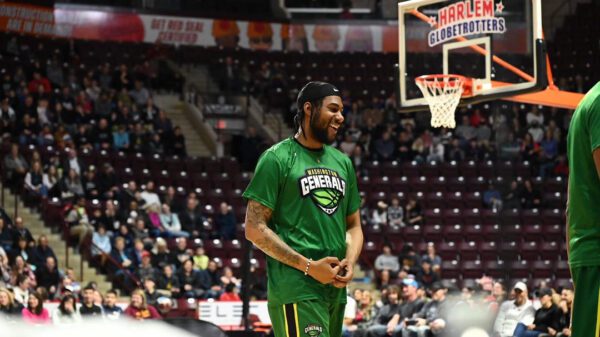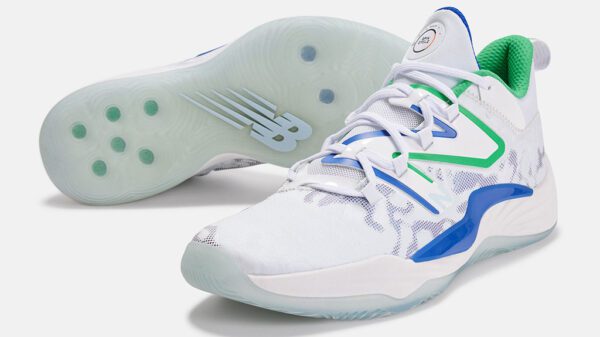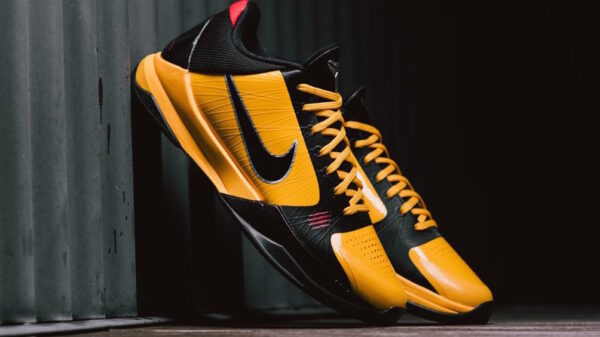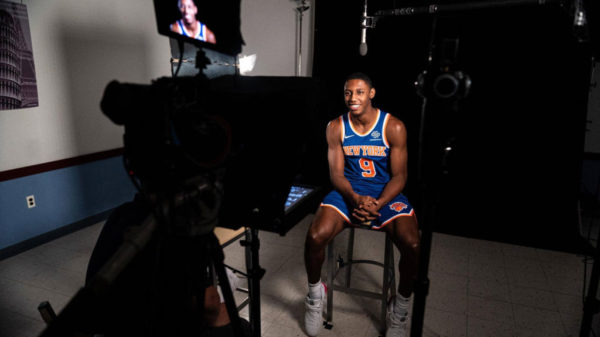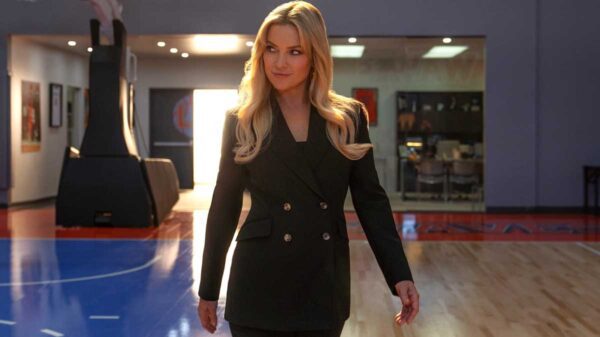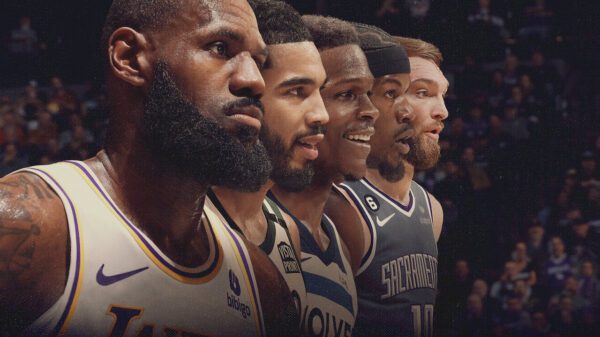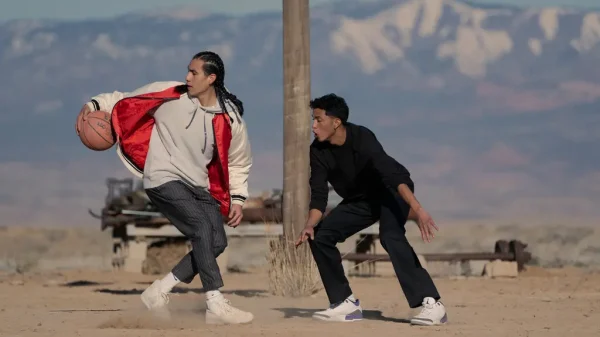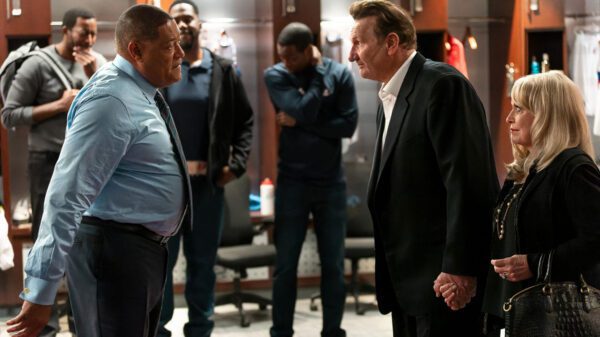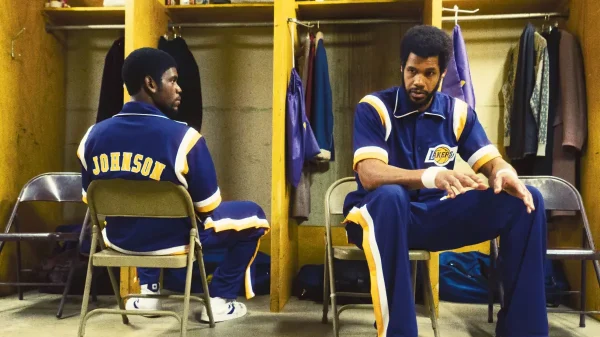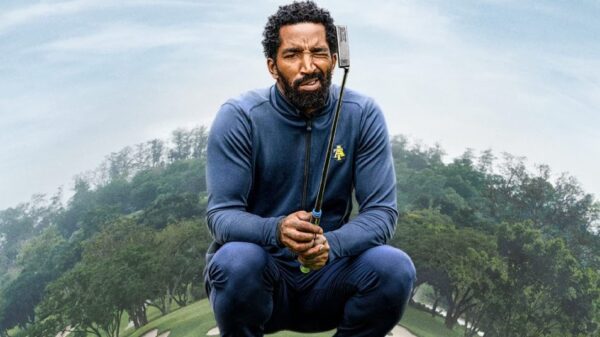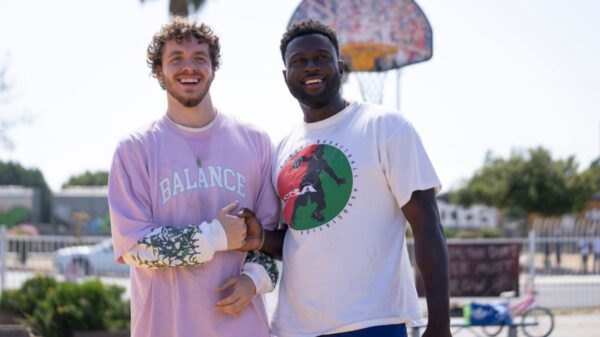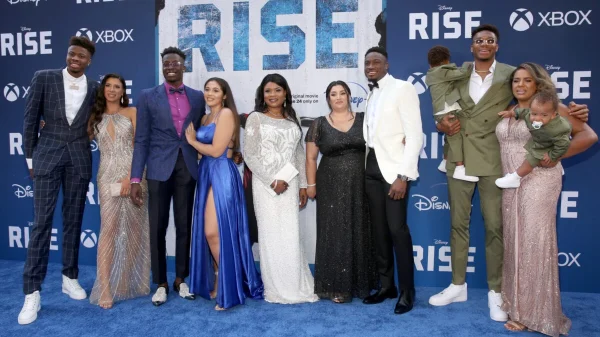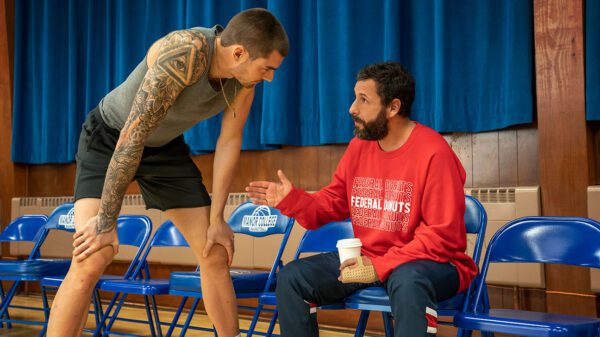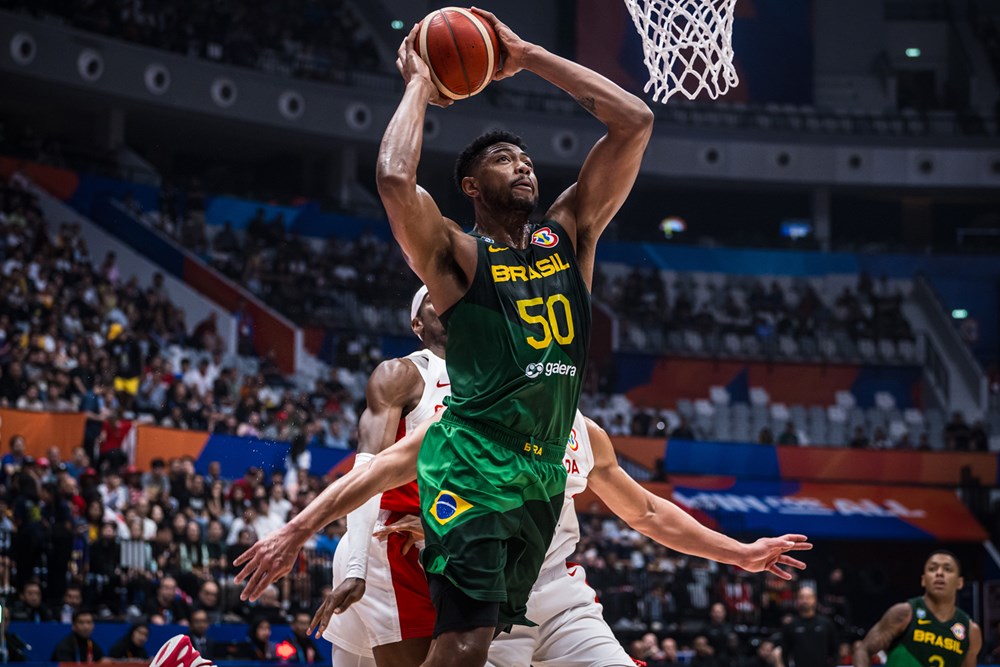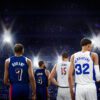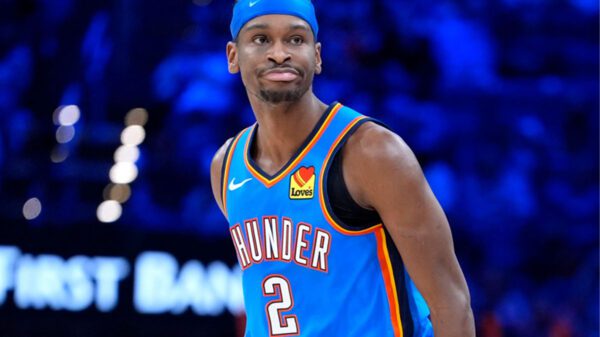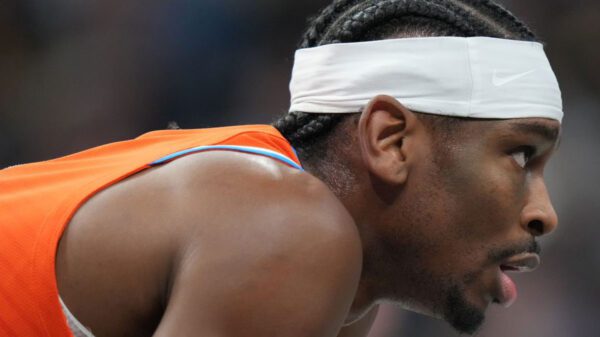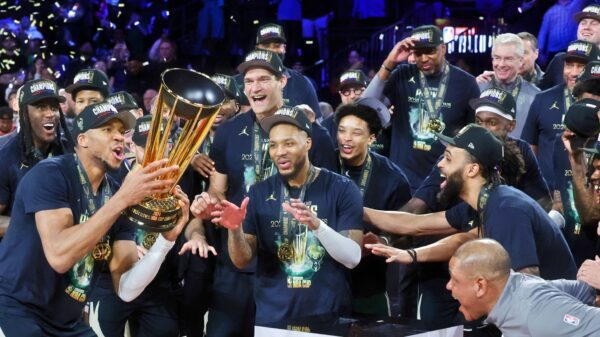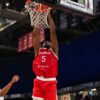Brazil maintained its flawless record against Canada, casting a shadow over the Canadians’ journey to the World Cup quarter-finals and their Olympic aspirations, with a stunning 69-65 upset victory in the opening game of the second round of the 2023 FIBA World Cup in Jakarta, Indonesia.
By executing their game plan with remarkable precision and stifling Canada’s transition opportunities, Brazil jumped out to at 12-5 lead and overcame a 12 point deficit to win by four points, extending their unbeaten streak (6-0) in FIBA World Cup encounters against Canada dating back to 1954.
Historically, Brazil has prevailed over Canada in significant fashion, with victories of 82-67 in 1954, 69-52 in 1959, 112-59 in 1970, 75-74 in 1974, and 69-62 in 1978.
Frustrated by their limited possessions and scoring opportunities, Canada struggled to maintain a rhythm in the second half, despite using an 11-0 run to establish 37-27 at halftime. Brazil led 16-13 after the first-quarter.
The Canadians relinquished a 12-point advantage (52-40) with a minute left in the third quarter, as Brazil steadily chipped away with a 13-0 run spanning periods, ultimately seizing the lead (53-52) and setting the stage for a tense finish.
Former Toronto Raptors first-round pick Bruno Caboclo led Brazil with a double-double, amassing 19 points and 13 rebounds.
Gui Santos contributed 10 points and three rebounds, while Yago Santos fell just two points short of a double-double with 8 points and ten assists.
Shai Gilgeous-Alexander emerged as Canada’s leading scorer with 23 points and five assists. Luguentz Dort returned to the lineup after a two-game absence, contributing 17 points and five rebounds.
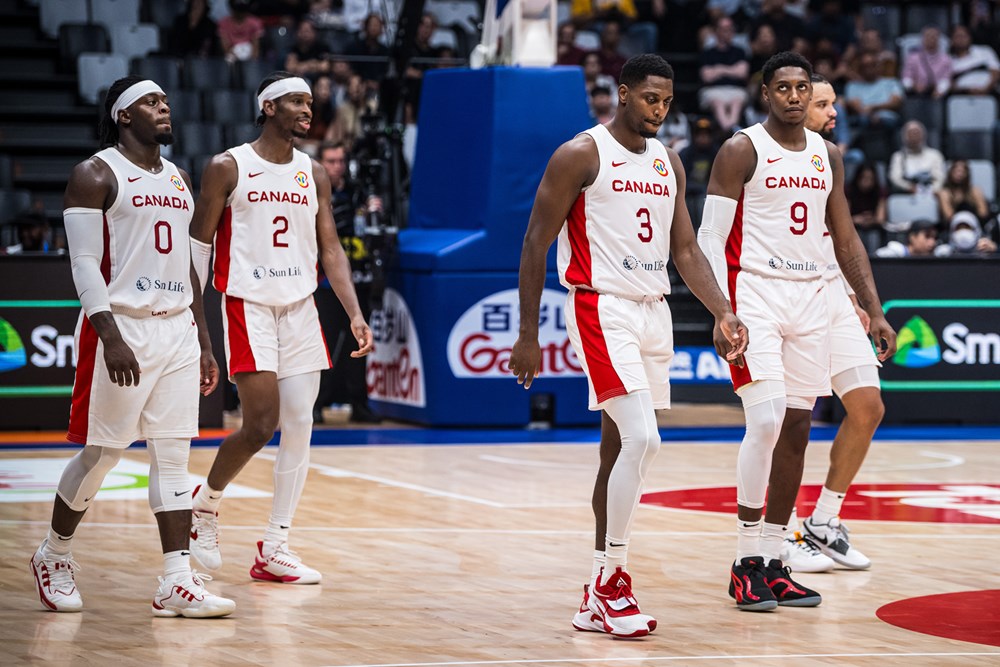
Canada generated only four points from nine turnovers and looked far from the team that set a world cup assists record with only ten helpers, a mere nine fast-break points, as Brazil treasured each possession, milked the shot clock, and compelled Canada to execute their half-court offence.
The Brazilians had a 43-37 advantage in rebounding, outscored Canada 38-22 in the paint, and won the bench battle 26-22, becoming the first team to do so against Canada in four FIBA World Cup tournament games.
Clearly dismayed by his team’s performance, Canadian head coach Jordi Fernandez didn’t mince his words during his post-game conference, stating, “they did a good job, physically they are a really good team, they switched a lot of pick and rolls, we just stayed stagnant, we didn’t do anything for each other. Give them a lot of credit, we just didn’t want to play that game, so good for them, good learning experience for us, we need to be better.”
“Shai has to score, defend and play make, and he didn’t. And I can go down the line, Kelly has to play make, rebound and score efficiently, he didn’t. RJ has to run the floor, score efficiently and defend and he didn’t. Dillon has to defend without fouling, and he didn’t. So I can down the line of the things we didn’t do good as a group, me included,” he continued.
Canada (3-1, +107) faces a must-win game against Spain (3-1, +63) in their final second-round match. Brazil (3-1, + 39), will play Latvia (3-1, + 20) in the other game.
A victory against Spain is imperative for Canada to secure a spot in the 2023 FIBA World Cup quarter-finals and keep their dreams of earning one of the two direct FIBA Americas qualification slots for the 2024 Paris Olympic Games alive.

The two teams previously clashed during World Cup preparations, with Canada prevailing over Spain 85-80 in overtime. However, Spain holds an affirmative 6-1 record against Canada in FIBA World Cup history. Canada’s last triumphed Spain in 1974.
Heading into the final second-round games, five Americas teams, including, USA (4-0), Canada, Brazil, Dominican Republic (3-1, +14) and Puerto Rico (3-1, +11) are all in contention.
Canada can also qualify for the Olympics on Sunday with a win over Spain, combined with losses by Brazil, Dominican Republic (vs. Serbia) and Puerto Rico (vs. Italy).
A loss by Canada, will end their 2023 FIBA World Cup and send them towards another, last chance FIBA Olympic Qualifying Tournament (OQT) in the summer of 2024.
